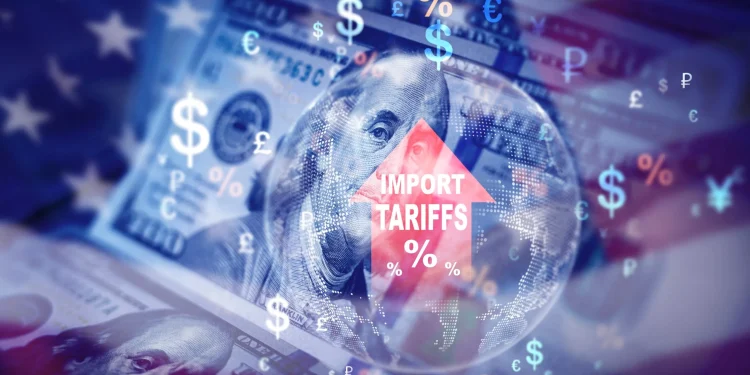By Maria Kalamatas
Toronto, CANADA —
With a new wave of tariffs taking effect across U.S.–China and U.S.–Canada trade channels, small and mid-sized enterprises (SMEs) across North America are urgently rethinking their sourcing models to insulate operations from further disruption.
Many SMEs—especially in automotive, consumer electronics, and food packaging—have historically relied on stable cross-border routes and predictable cost structures. That landscape is now in flux.
“We’re not just seeing price hikes. We’re seeing entire category delays,” said Sheila Grant, co-founder of NovaGrip Tools, a family-owned manufacturer in Buffalo, NY. “Our rubberized handle grips come from two plants in Guangzhou. One is hit with a 25% duty, the other isn’t. That kind of randomness kills margins.”
From just-in-time to just-in-case
As a result, many SMEs are beginning to shift toward multi-shore sourcing strategies, blending regional providers with overseas suppliers. The goal: flexibility and fallback.
“The pandemic taught us about redundancy. The tariffs are now teaching us about political agility,” said Daryl Fernandez, Director of SME Advisory at BDC (Business Development Bank of Canada). “If your sourcing map is flat, your risk exposure is vertical.”
SMEs are also leaning more on logistics consultants and digital tools—like supply chain risk mapping software—to evaluate geopolitical exposure, duties, and lead time volatility.
Government programs step in
In Canada, the federal government is rolling out a $500 million Resilient Trade Fund aimed at helping SMEs reconfigure sourcing and logistics. Similar programs are being piloted in New York, Michigan, and California.
“Without support, a lot of local manufacturers would simply fold under these shifts,” said Fernández.
Local doesn’t always mean lower risk
Interestingly, the shift to nearshoring isn’t always smooth. Many SMEs trying to pivot to Mexican or Eastern European suppliers are discovering new challenges—currency fluctuation, infrastructure gaps, or inconsistent quality.
“We moved one assembly line to Querétaro, but the customs delays are killing us,” said NovaGrip’s Grant. “So we’re also hedging with Poland.”
An SME revolution in the making?
What was once a big-corporation playbook is now filtering down to smaller players. As Grant puts it, “We can’t act like giants. But we have to think like them.”























